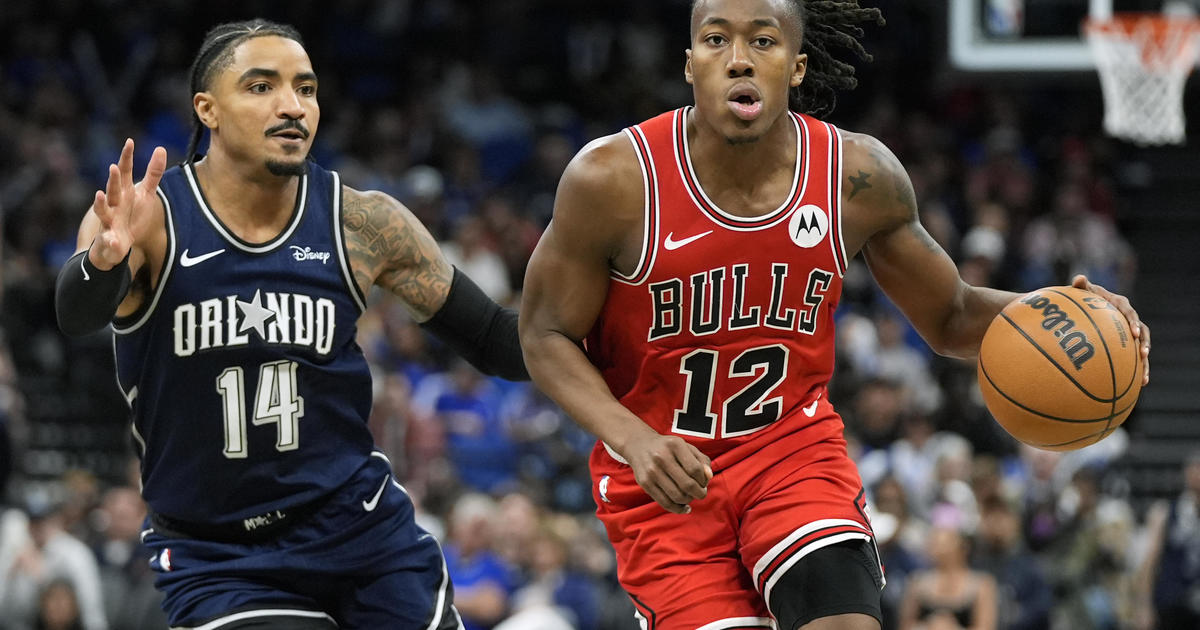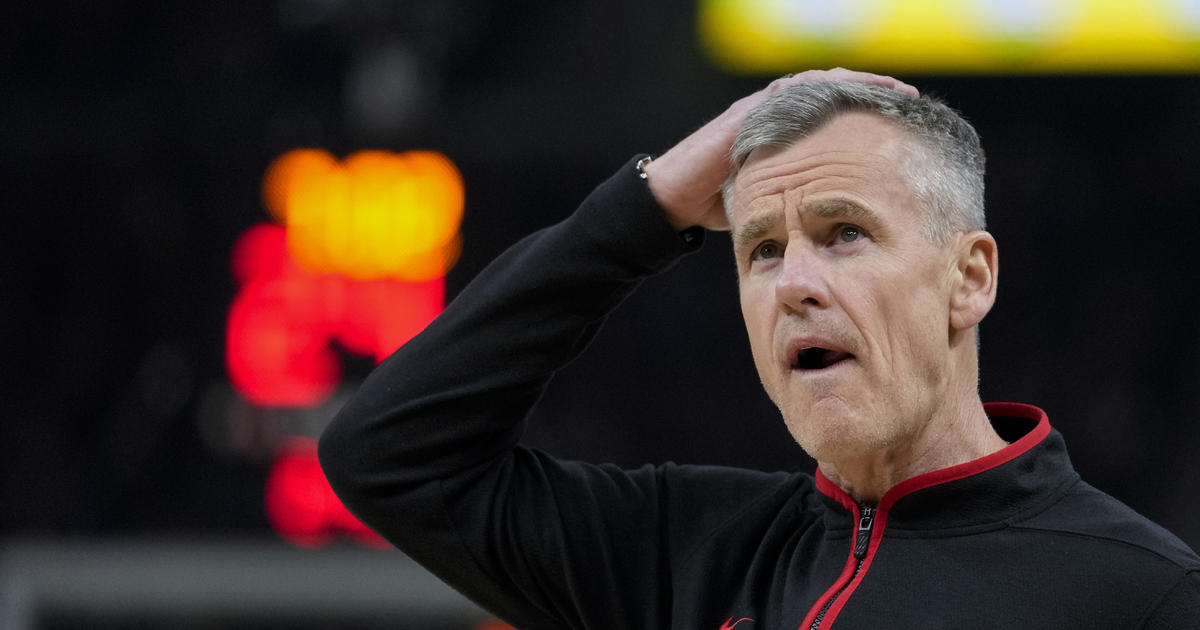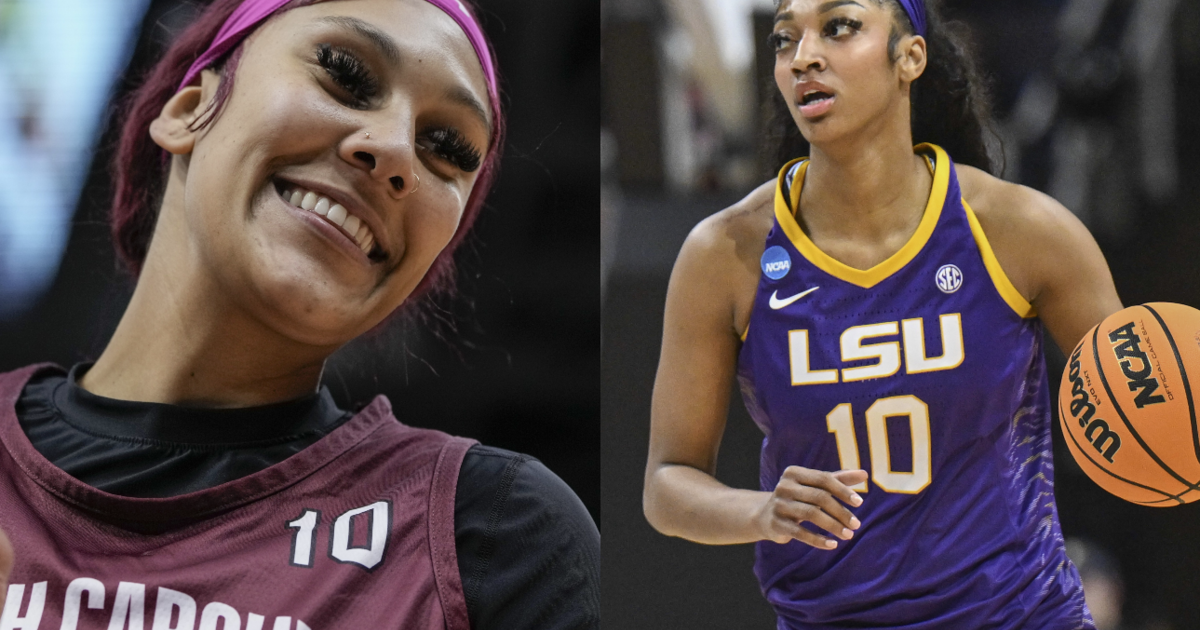Wisch: Illini (Coaching) Standards Out Of Whack
By Dave Wischnowsky –
(CBS) Does the University of Illinois need to loosen its stringent admissions standards for athletes in order to compete at football's highest level?
Or does it instead need to elevate its standards for hiring football coaches?
Based on more than two decades of watching Illini teams play largely subpar football since coach John Mackovic left Champaign in 1991, I tend to vote for the latter. However, last week, veteran Illini scribe Loren Tate argued for the former through an in-depth and informative three-part series of columns for the Champaign News-Gazette.
In the series' first part, entitled "UI standards out of whack," Tate writes that, "While the UI is recognized with Michigan and Wisconsin nationally and internationally for their greatness as research institutions, Illinois is far behind athletically. Wins, resources, prospects, attendance … Illinois is behind.
"And part of the reason – emphasis on PART because there are many reasons – is the academic gap between NCAA qualifying standards and the level the UI insists upon."
This gap, Tate argues, creates a reduced pool of athletes from which Illinois can recruit, and when the shallower talent pool is coupled with the school's "frustrating inability to attract Chicago-area footballs stars," the problem for the Illini multiplies.
A recent example supporting Tate's argument came just this summer when Mount Carmel running back Matt Domer reportedly met NCAA requirements but was denied admission to Illinois because he didn't meet the university's higher standards. As a result, Domer now must pass courses during the fall semester at Champaign's Parkland College in order to be accepted at Illinois come January.
In the series (the second and third parts can be found here and here), Tate laments how Illinois football and basketball coaches once were able to arrange for special admits for substandard student-athletes through the university's bridge program, but they no longer have that avenue since it was abandoned due to cost in 2009.
Tate goes on to argue that Illinois could help remedy current talent shortfalls by allowing for the admission each spring of a half-dozen or so marginal qualifiers who meet the NCAA minimum standard. Or the university could keep its current standards in place and allow for a small number of "special admits" who don't meet requirements but who can be viewed as adding "diversity" to campus much in the same way that admission of an All-American sculptor or violinist with a lower GPA or test scores might.
Tate also indicates that coveted USC transfer Ty Issac, who prepped at Joliet Catholic, recently chose Michigan as his new college home because he was unlikely to be accepted at Illinois. Whether that's true or not, I couldn't say, but Tate writes, "Other schools have ways. Illinois has lost its way."
Then again, when it comes to football, perhaps it's still yet to find it.
Because while Tate makes some valid points in his columns – surely Illinois could admit a few more athletically gifted marginal qualifiers without ruining the university's academic reputation – I still believe that the crux of the Illini's perpetual pigskin woes stem far more from poor coaching than they do picky admissions officers.
Consider this: During Mackovic's four seasons in Champaign (1988-91), Illinois went 30-16-1. Since he left for the University of Texas following the '91 regular season and Lou Tepper assumed the reins for the John Hancock Bowl, the Illini have gone 101-157-2 over the past 22 seasons. That's a .652 winning percentage with Mackovic, compared to .391 since him.
Are we to believe that when Tepper took over the Illinois program the school's admissions requirements for football players suddenly became twice as hard as they were under Mackovic? Or is it more likely that the coaches instead became half as good?
The reality is, Illinois hasn't had a true head coach running its football program since Mackovic. As I've written before, in the years since his departure, the inconsistent Illini have instead been run by a defensive coordinator in Tepper, an offensive coordinator in Ron Turner, a recruiting coordinator in Ron Zook and, to this point in his 6-18 Illinois career, an uncoordinator in current coach Tim Beckman.
Now, asking Illinois to relax its admission standards to admit a few more athletes in order to help invigorate its flagging football program probably isn't an unreasonable request. It's something worth consideration. But, somewhat curiously in his lengthy three-part series, Tate fails to directly place any blame on the iffy talents of the past four Illini coaches, instead choosing to heap responsibility on the university for denying them on-field talent.
He states that the Illini's incoming football class is rated last in the Big Ten by USA Today and points out that of Rivals.com's top 30 players in the state for 2015, 18 of them are already committed elsewhere. But are all those players really not coming to Illinois simply because they couldn't get in?
Or is it because the current staff can't get them to buy in?
As an Illinois grad proud of my alma mater's academic reputation, I have a difficult time criticizing the university for having high standards. However, as an Illinois football season-ticket holder, I also want to see a lot more wins on the gridiron.
And I continue to believe the best way for Illinois to accomplish that is by demanding head coaches whose smarts are on par with the student body's, who can outwit rival coaches and who have the ability to actually view the university's lofty academic expectations as a selling point for recruits instead of only a hindrance.
Because, for the Illini, those too are standards that have long been out of whack.
Follow Dave on Twitter @wischlist and read more of his columns here.



